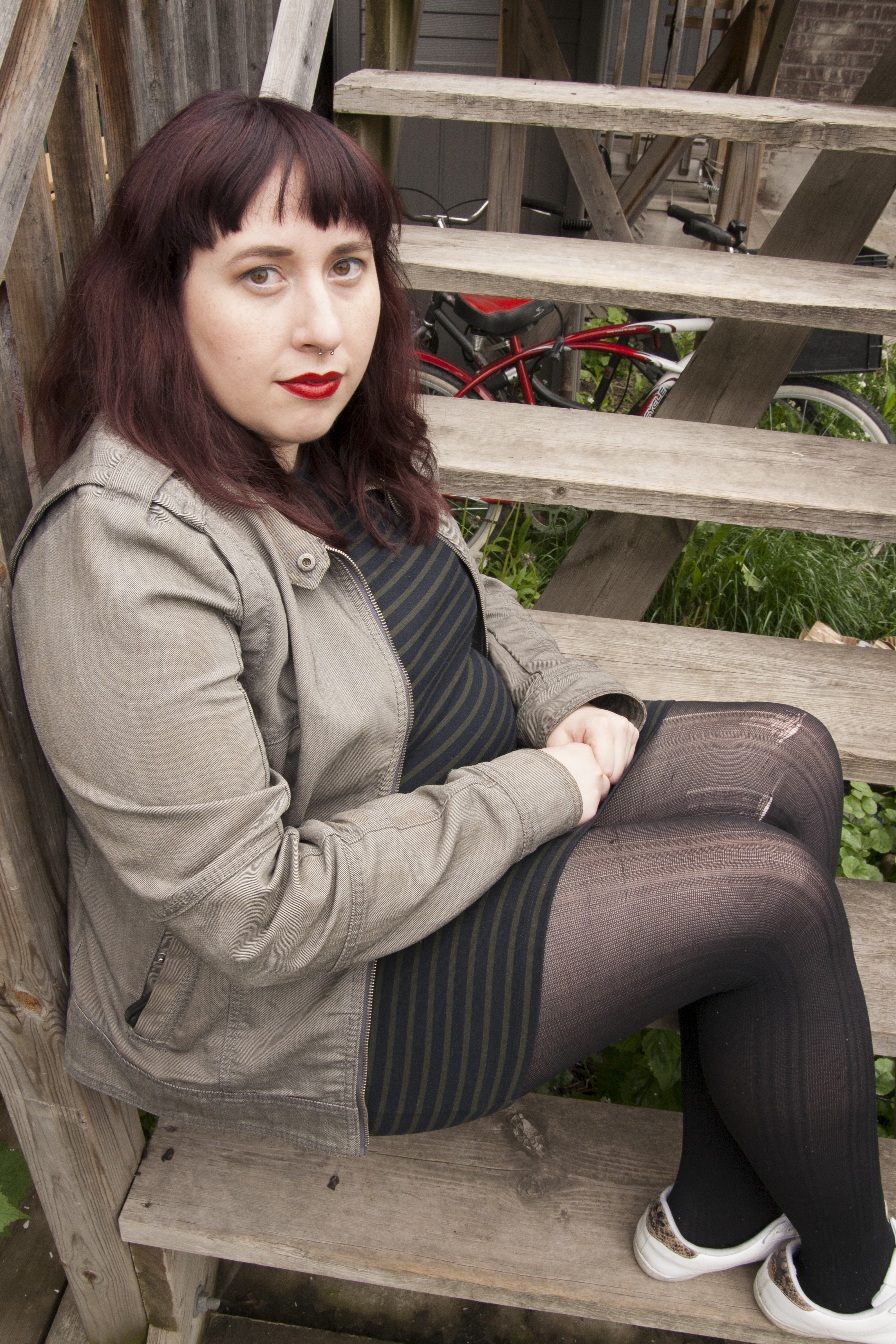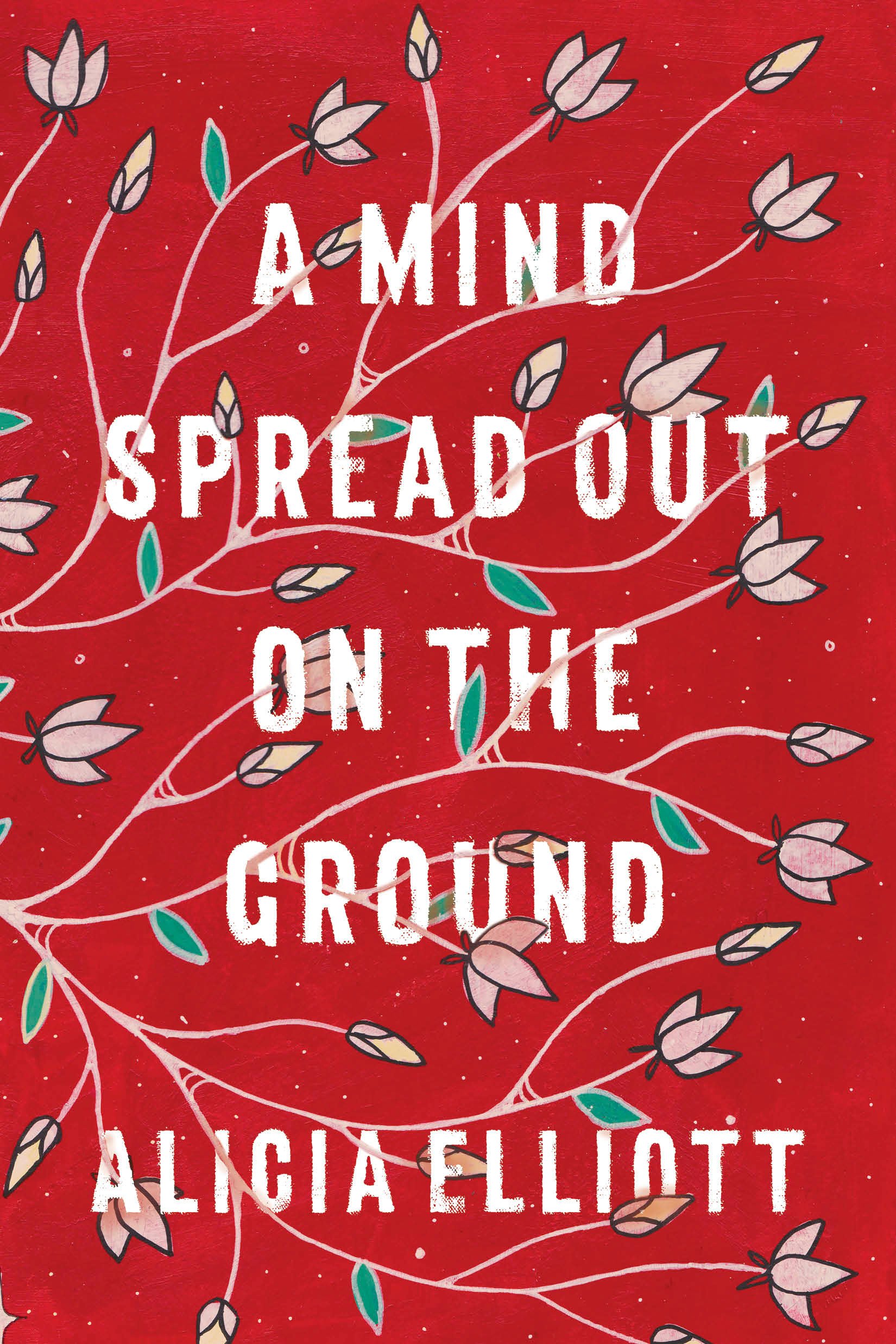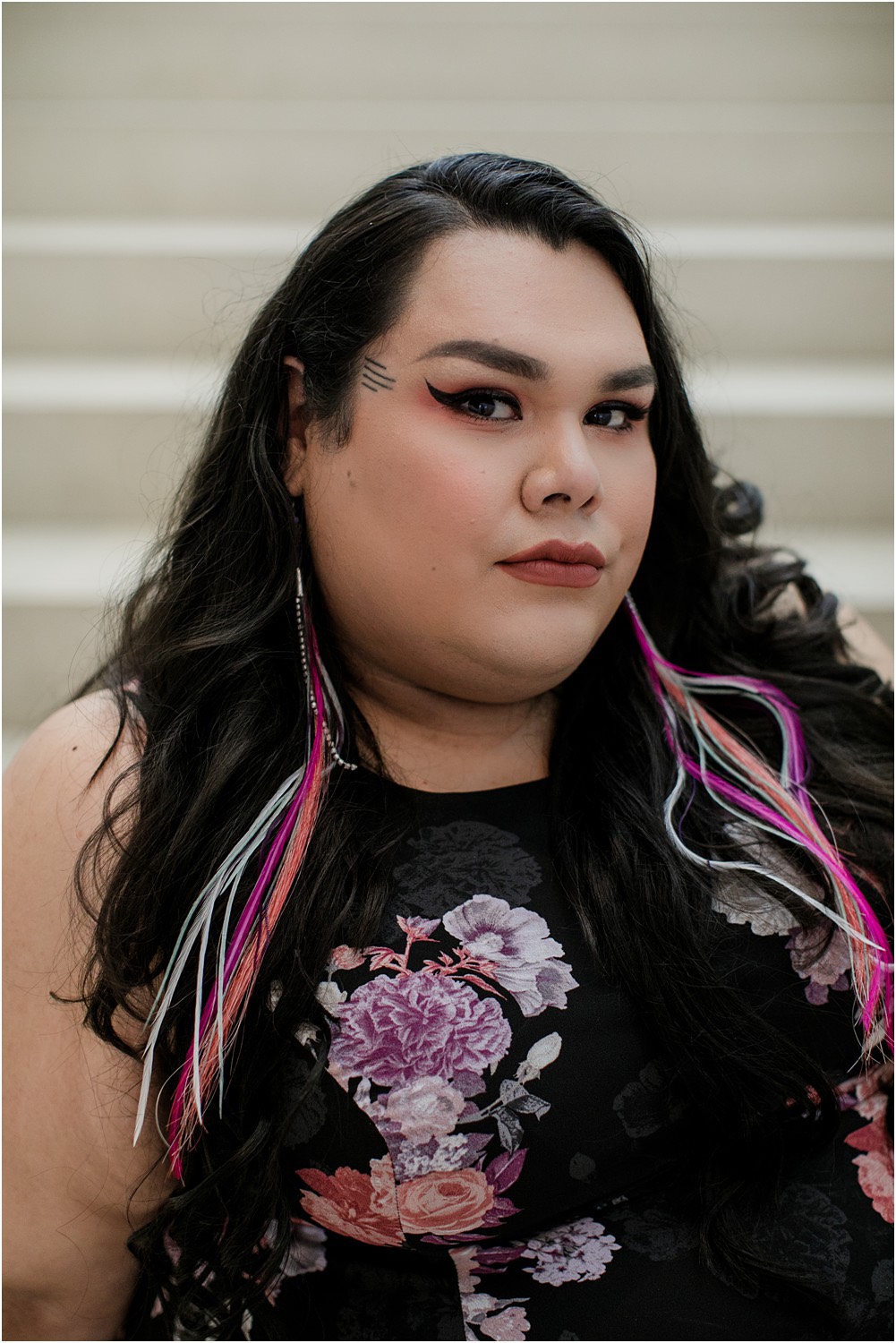It’s been wonderful to see Native writers in North America thriving in the mainstream, receiving recognition for work that challenges traditional literary forms as well as outdated narratives about Indigenous life and history. I can’t keep up with the notoriety my friend, the Cheyenne and Arapaho author Tommy Orange, has received for his book There There, which won a Pen/Hemingway award and was also a finalist for the 2019 Pulitzer Prize in Literature. Ojibwe author David Treuer’s history book The Heartbeat of Wounded Knee made it onto the New York Times bestseller list and has enjoyed rave reviews at the Times and the Washington Post. The list goes on, and there’s a bright future ahead for us, with new books out by Diné poet Jake Skeets (Eyes Bottle Dark With a Mouthful of Flowers, coming from Milkweed this September) and Natalie Diaz (Postcolonial Love Poem, coming from Graywolf in March of 2020).
With all this new writing by, and new attention on, Indigenous authors, I wanted to chat with two Native women who are pursuing groundbreaking work that honors Indigenous life and creates art from our struggles. Haudenosaunee author Alicia Elliott‘s non-fiction book A Mind Spread Out on the Ground has been on the Canadian bestseller list week after week since it appeared in March, and she’s been writing for years about Native issues in Canadian newspapers and magazines. (Her recent editorial in the Washington Post on murdered and missing Indigenous women adds a thoughtful new perspective to the issue.) This year, Arielle Twist, a Nehiyaw, two-spirit trans woman, published Disintegrate/Disassociate, a groundbreaking work of poetry exploring sexuality, identity, and metamorphosis. Twist’s work is powerful in its experiments in form.
Both authors chatted with Pacific Standard about what it means to see success among fellow Indigenous authors, and how they deal with generational poverty and abuse in their work.

Alicia, you write head-on about the stark realities Indigenous people face, addressing things like residential schools, or misuses of power, while exploring the lasting effects of poverty and trauma. Concerning mainstream Canada’s view of Indigenous life today, you write: “Abusers rarely take responsibility for themselves. They prefer to blame their victims for their actions.” Have you received any pushback for how you’ve characterized the average white person in Canada?
Alicia: I’m lucky in that I haven’t done too many events since my book has come out yet, and the ones I have done have been pretty supportive. Some people, mostly white folks, have talked about how my book is difficult to read, which I find interesting. I’m writing about my own life and the social, political, and historical forces that have shaped it. I don’t really think of it as particularly difficult because it was my life—the only life I had access to. I had to deal with situations and move through them, regardless of how old I was or if I was ready, so it’s strange to see people remark on my life as though it were abnormal. This was my normal. If you don’t think my life should be anyone’s normal, then do something to change the systems that both created that life and made any other options impossible.

(Photo: Ayelet Tsbari)
Now that the Inquiry on Missing and Murdered Indigenous Women and Girls has come out, though, the big debate happening in Canada is whether this is actually genocide. I’m pretty clear in my book that it is genocide, so I have a feeling that going forward I might have to deal with questions about that, [with people] trying to make me feel bad for telling the truth. I won’t feel bad, though. I find the best way to deal with racist white people in real-life literary contexts is to be better informed than all of them, which isn’t hard, since they often have nothing to base their opinions on but racism.
Online it’s different, because they can hide behind a screen and feel no shame, so I just block them. I don’t have the time to try to break through to people who think my family should be dead. I’ve got better things and people to funnel my time and energy into.
Arielle, when you were writing your book of poems, what were the important things to honor in your work, and what gaps did you see in the world of poetry?
Arielle: Writing this collection, I was wanting to honor reality, even if that reality is gritty and hard to read at times. I thought I owed honesty to myself and the young 2SLGBTQ+ [two-spirit, lesbian, gay, bisexual, transgender, queer, etc.] Indigenous folks who I was initially writing this book for. I wanted to encompass my lived experience as a two-spirit trans woman in a way which highlighted these realities: things like grief, longing, kinship, and an unapologetic sexuality.
What I wanted for this book is to resonate with people like me: I wanted to show the messy, ndn trans girl from the prairies that we are surviving, and that these things we are surviving aren’t all-consuming if we have hope and create community.
I think when I came into poetry, the representation was coming from people like Gwen Benaway, Kai Cheng Thom, Vivek Shraya, and Alok-Vaid Menon. I was seeing racialized trans femmes creating incredible work, and the only gap I felt I needed to fill was Indigenous trans girls from the prairies and the rez. I wanted to see more of us having access to art and being included more in the conversation. I couldn’t have survived without these amazing femmes I named above paving the way!

(Photo: Penguin Random House)
Alicia, your collection of essays explores deeply personal things about your life, like your mother’s mental health and your young motherhood. It can be difficult to write about the complexities of our lives without people mining our traumas or letting our stories affirm stereotypes. How did you handle this dilemma in your work?
Alicia: I was very conscious while writing that people were going to see stereotypes in my life and the lives of those around me, so I actively tried to use certain literary techniques to call [those prejudices] into question. In the essay “Weight,” for example, which is about my experience of getting pregnant at 17, I decided to use second-person narration to force the reader to see the world more intensely through my eyes. Second-person narration is great for fostering intimacy between the reader and the text.
I wanted to give people insight into what that experience actually looked like for me by focusing on the details. It’s easy to say, “Oh, she’s a teen mom; it’s all her fault, she should have kept her legs shut” when you don’t know anything about me. It’s harder to say that when I tell you that the sex that led to my pregnancy wasn’t really based on informed consent, or that my mother is super Catholic and anti-abortion, or that I started the process of putting my child up for adoption and it was incredibly traumatic. Those are the sort of heartbreaking details that aren’t really public, but once they are, it’s harder to flatten my experience and the experiences of women like me into easily digestible stereotypes.
Overall I wanted to use detail to humanize people that were otherwise dehumanized—like my mother, like my father, like myself. I wanted to show the highs along with the lows, because that’s what people are like. That’s what life is like. And then, of course, there’s the fact that whenever Indigenous women speak for ourselves, whenever we believe our lives are full of insight and worthy of being made into art, we’re already smashing stereotypes.

(Photo: Sweetmoon Photography)
Arielle, your book is beautiful. In your poem “Cold,” you write, “clinging to a man who / wasn’t mine. / Betrayal couldn’t thaw me / but it was warm, / for a moment.” You explore relationships in your work, and the poems are always centered within the speaker, who is “reckless,” she says, because men are entirely reckless with her. The speaker in your work is so guileless, passionate, and honest—how did you execute that voice?
Arielle: I think when exploring the relationships throughout my life, specifically intimate, sexual relationships, I was deconstructing this idea about how reckless I felt I was being with myself, whether physically or emotionally. The guilt and blame that comes with promiscuity, or the perception of promiscuity, is something I think all femme-of-center people feel. I wanted to show the thought process of guilt that is settled in calling myself reckless, the self-blame that exists through patriarchal ideals, and the rape culture that dismisses our realities of violence, and the coming to terms with the fact that it was men who were shaping these ideas with the ways they were and still are reckless with my body and heart with little or no emotional intelligence.
So, this whole collection is written from a personal point of view; it’s a literal look into my own thought process and the grittiest, most intimate parts of myself. I think why it comes off so honest, guileless, and passionate was because I was writing from a place of naivety about where it would end up. It was written within the first year of cultivating a writing practice, which makes this collection the first steps of my very public growth as a writer. In entering my third year as a writer, I realize it will probably be the most honest, unfiltered writing I will ever do.
Who are you both reading, and what do you foresee for the future of Indigenous writing? How happy does it make you to see us thriving, and what do we need to keep pushing forward?
Alicia: I can’t keep up with all of the amazing Indigenous writing that’s coming out right now, which is exactly the sort of problem that I want. It’s incredible to be making art at the same time as all of these other writers I admire. I’m honored and humbled to be working alongside writers like you, Arielle, Lindsay Nixon, Gwen Benaway, Joshua Whitehead, Billy-Ray Belcourt, Tenille Campbell, and others. I’m excited for new work from Brandi Bird, Helen Knott, Oscar Baker III, and Jessica Johns. I think Indigenous writing is going to continue to set the bar for literary excellence, pushing our ideas of genre, structure, syntax and form.
I think we need to constantly be making space for Indigenous women and two-spirit, queer, trans, and non-binary writers. I also think that we need to be making space for black Indigenous writers. A variety of voices from all different perspectives working across genres to create the robust Indigenous lit we all deserve.
Arielle: Right now I am catching up on years of Indigenous literature, while also trying to read all the work by my peers and mentors! In this moment I am reading Alicia’s book A Mind Spread Out on the Ground, patiently waiting for NDN Coping Mechanisms by Billy-Ray Belcourt to come in the mail any moment now, while forever admiring the published works of Gwen Benaway, Joshua Whitehead, Lindsay Nixon, Tenille Campbell, Jessica Johns, Brandi Bird, and so many others. I see Indigenous literature continuing to be honest: messy, queer, and unapologetic while consistently setting the standard for creative, innovative storytelling. If we want to continue pushing forward we need to be centering more voices that have been left out of conversations.
This interview has been edited for length and clarity.

Pacific Standard’s Ideas section is your destination for idea-driven features, voracious culture coverage, sharp opinion, and enlightening conversation. Help us shape our ongoing coverage by responding to a short reader survey.





